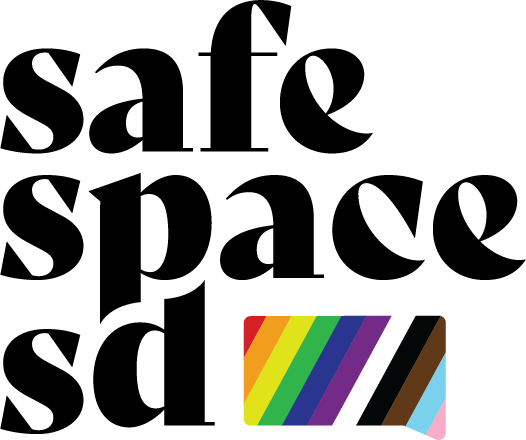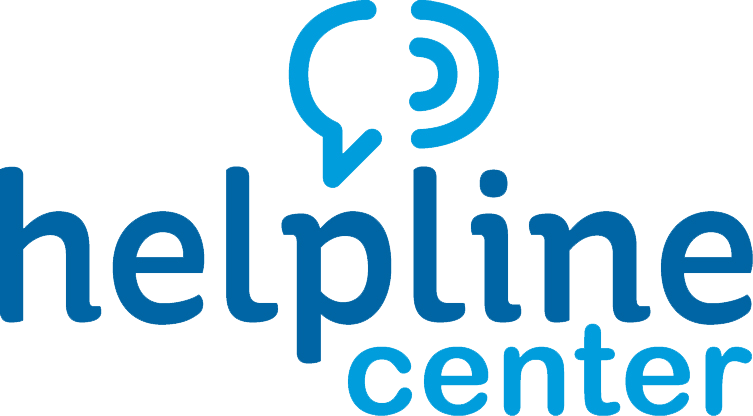Navigating Healthy Relationships
What Makes a Healthy Relationship With a Partner?
There are many factors that go into a healthy relationship of any type. Things like mutual respect, trust, honesty, good communication, compromise, boundary-setting, understanding, and problem-solving are important for healthy relationships.
For LGBTQ+ people, a few other factors can be significant as well: respecting your name, pronouns, and identity, including how these can change over time; respecting each other’s choices about intimacy, physical contact, and how much time is spent together; not “outing” you to others without your permission, or threatening to do so; and not judging you or your identities based on their own beliefs.
Signs Someone You Care About May Be in an Unhealthy Relationship
- A partner making degrading comments about them
- Always worrying that their partner will be angry
- Talks about their partner being physically aggressive with them, or having unexplained marks or injuries
- Stops spending time with friends and family members
- Partner seems very jealous, possessive, or controlling
- Feeling pressured into decisions or actions they don’t want or are uncomfortable with
- Partner denies their orientation or identity, or uses these to make them feel inferior
- Having access to things like medication or gender-affirming care restricted
Ways to Support Your Friend in an Unhealthy Relationship
It can be hard to talk about unhealthy relationships, and it takes a lot of strength to open up about these concerns. If your friend shares with you that they are in an unhealthy or abusive relationship, it’s a sign that they trust and feel safe with you. There are several ways you can support them during this difficult experience.
- Listen nonjudgmentally and believe what your friend is telling you
- Support them in making their own decisions
- Let them know that abuse is never their fault
- Don’t make assumptions about your friend, their partner, or the relationship
- Help them connect with programs that support people in unhealthy relationships
For much more about relationship health, visit Stop The Hurt, Love is Respect, or The Trevor Project.

